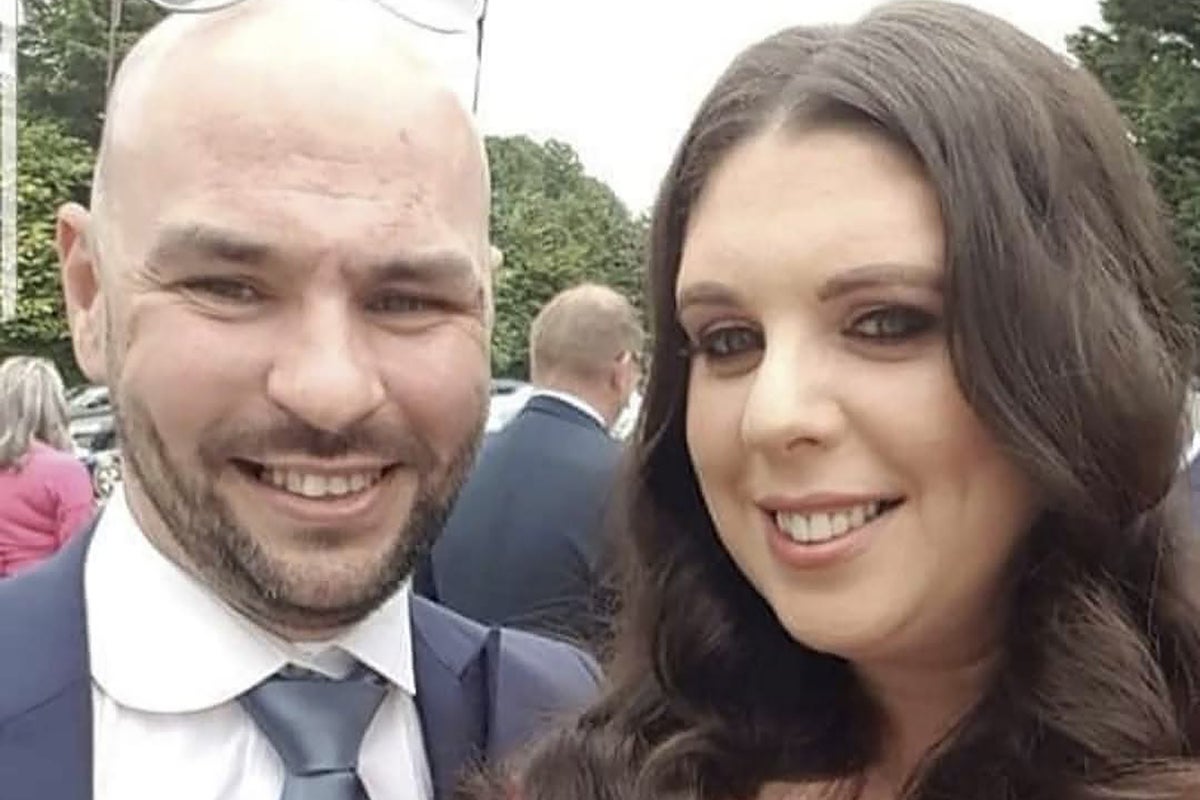
A woman who discovered she was born without ovaries when she went through menopause at 15 has said she is willing to "break" her family finances to become a mother.
Jolene McCaw, 41, from County Tyrone in Northern Ireland, began experiencing hot flushes as a teenager and assumed it was the start of puberty.
However, when Jolene didn’t start developing like her peers, doctors initially tried to blame an eating disorder she did not have. The truth was that she had no ovaries, so her body could not produce oestrogen.
Jolene struggled with her mental health following her diagnosis, but has since come to terms with her condition, and in 2015, she met her now husband, Gareth, 41, on a blind date and instantly fell in love.
Five years ago, the couple decided to begin the journey to parenthood via in vitro fertilisation (IVF), with Jolene able to carry a baby in her womb but requiring a donor egg.
With no eggs available on the NHS, the couple face an £8,000 bill at a private clinic in Madrid for a procedure which has no guarantee of success.
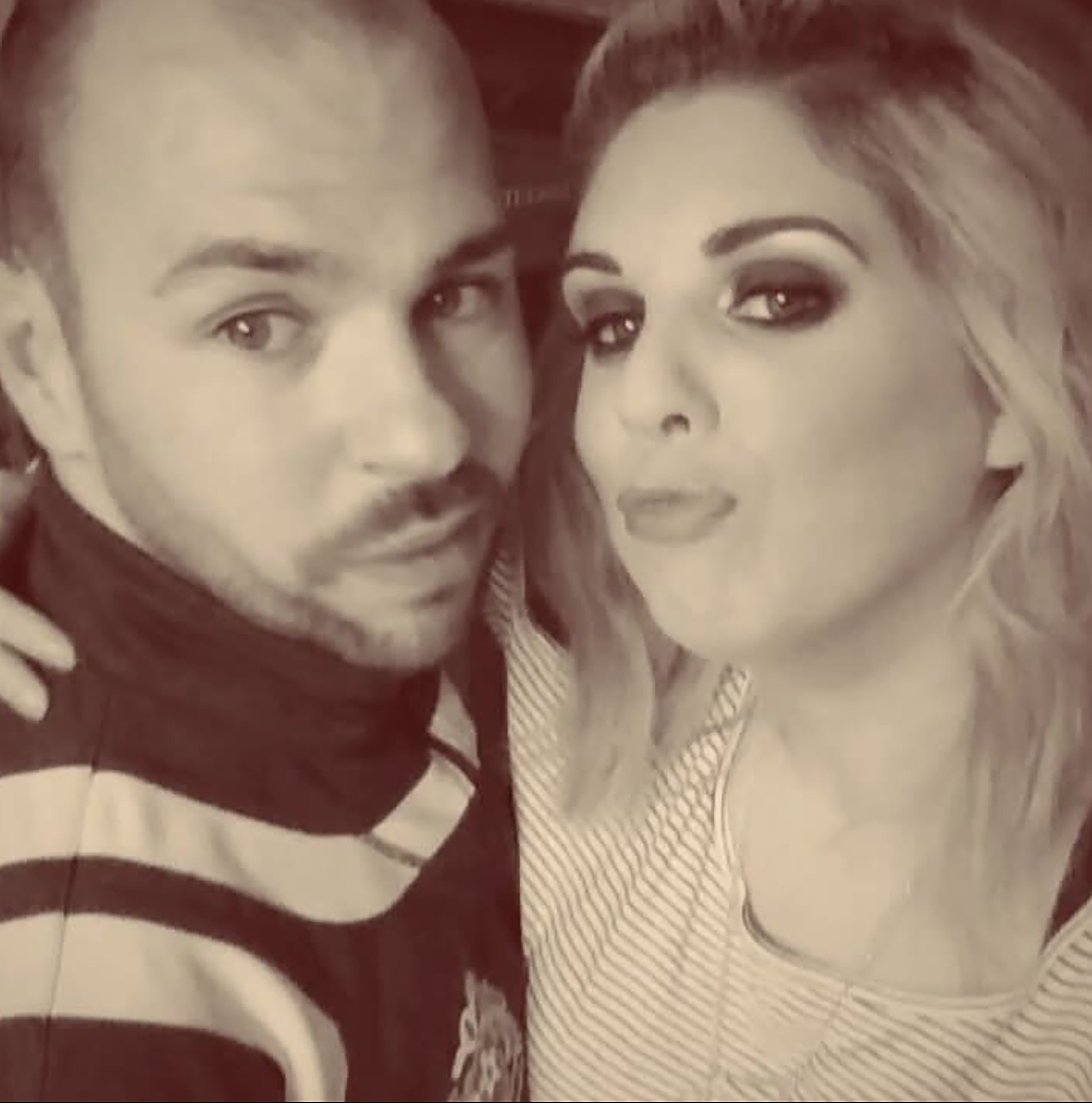
“I knew from the age of 15 that I wasn’t a normal girl,” Jolene said.
“When they told me I could never be a mother, my mum and I both collapsed in the clinic.
“Financially, (the procedure) is going to break us. We just don’t have a pot of money for that. But we’re determined to try.”
Legal secretary Jolene grew up in Dungannon, County Tyrone. Though a regular teenager in all other respects, at 15, she had still not hit puberty.
She began experiencing hot flushes and brain fog, which she said doctors initially attributed to an eating disorder, which Jolene did not have.
In fact, Jolene was going through menopause.
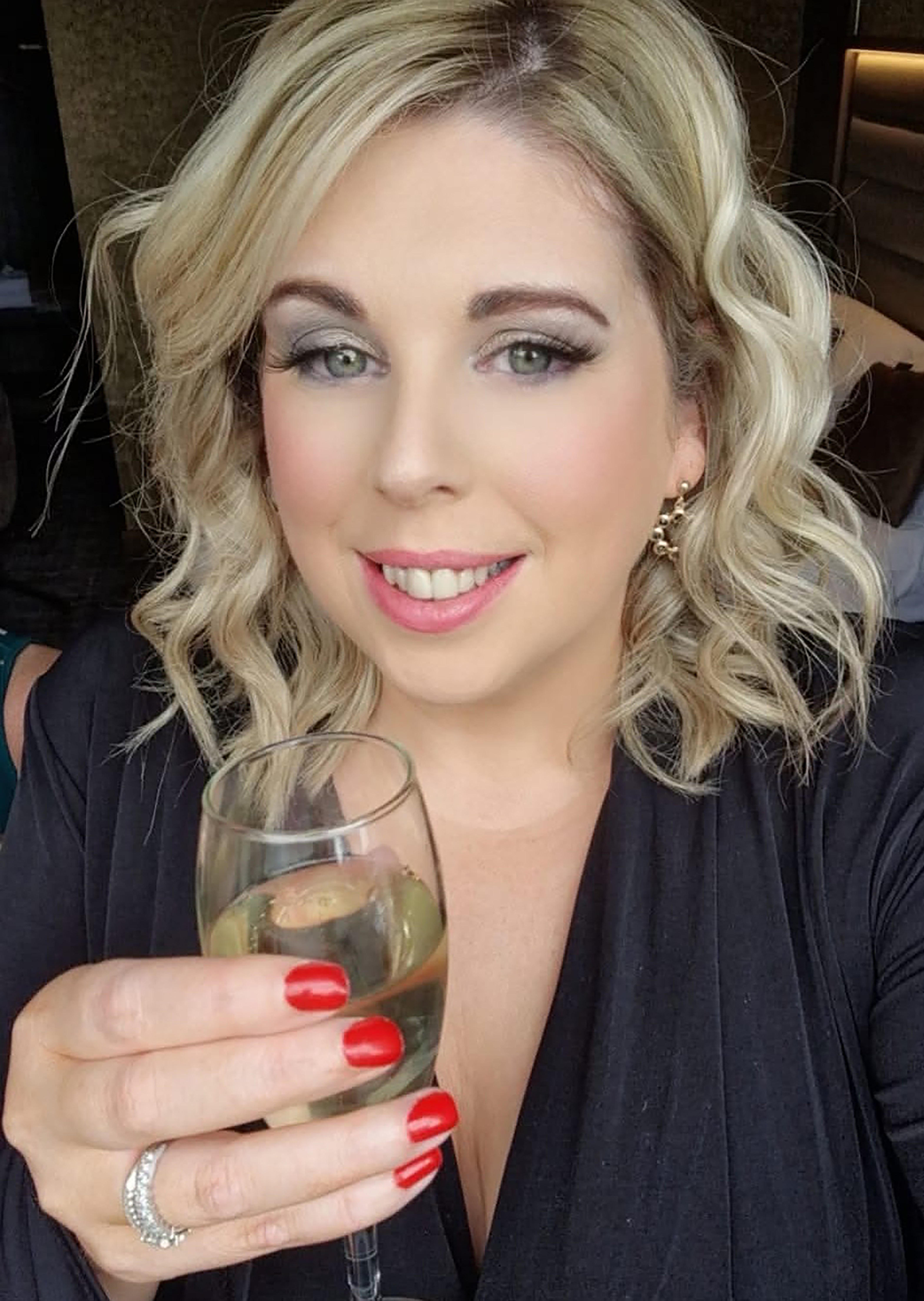
Doctors discovered she had been born without ovaries, an exceptionally rare condition possibly caused by Mayer-Rokitansky-Kuster-Hauser (MRKH) syndrome, a congenital condition which affects roughly one in 5,000 newborns, according to the Imperial College NHS Trust.
Jolene has never received a formal diagnosis or explanation, but the symptoms and impact manifest much as they would for Primary ovarian insufficiency.
This is caused when the ovaries shut down prematurely, leading to early menopause, and it affects roughly 0.01 per cent of women under 20.
In a teenager, these are, like menopause, hot flushes, brain fog, failure to gain weight, and not going through puberty.
Without ovaries, Jolene was producing no oestrogen, the hormone needed for regulating the menstrual cycle, maintaining bone strength, heart health and skin moisture.
She has been having hormone replacement therapy (HRT) since she was 15, but is still highly susceptible to bone breakages, once shattering her arm simply from falling over, and has never had a period.
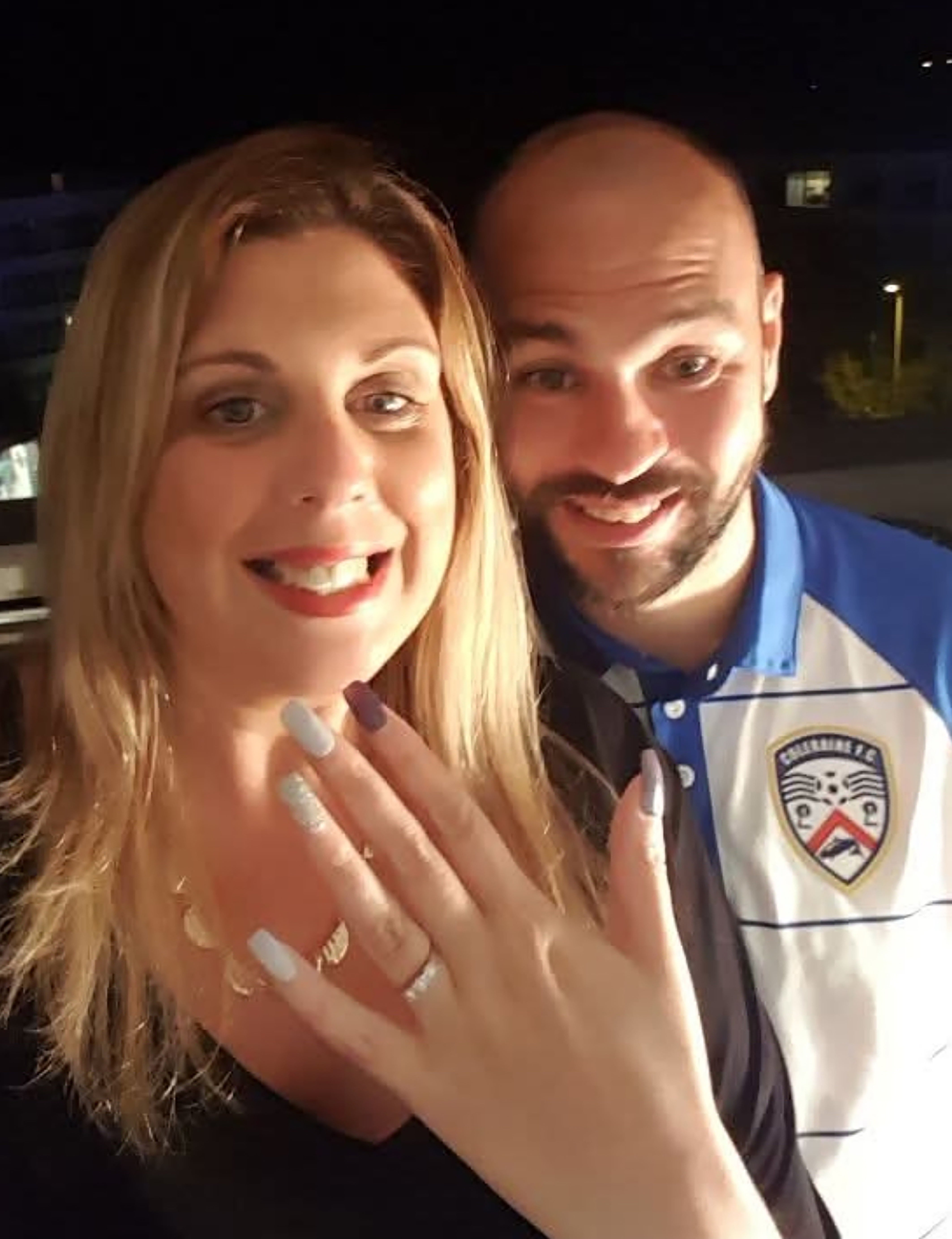
However, the greatest impact of the condition has been emotional.
“My body basically remained the body of a child,” Jolene said.
“Rather than going through puberty, it just switched to menopause. I became very rebellious, dropped out of school, drank a lot. I tried to hide everything about myself.”
From the age of 16 to 18, Jolene struggled with her mental health; however, as she grew up, she came to terms with her condition, learning about it and understanding it.
“It’s my normal. I’ve never known any different,” she said.
It was nevertheless difficult telling partners that, should their relationship progress, they would never be able to have children in the normal way.
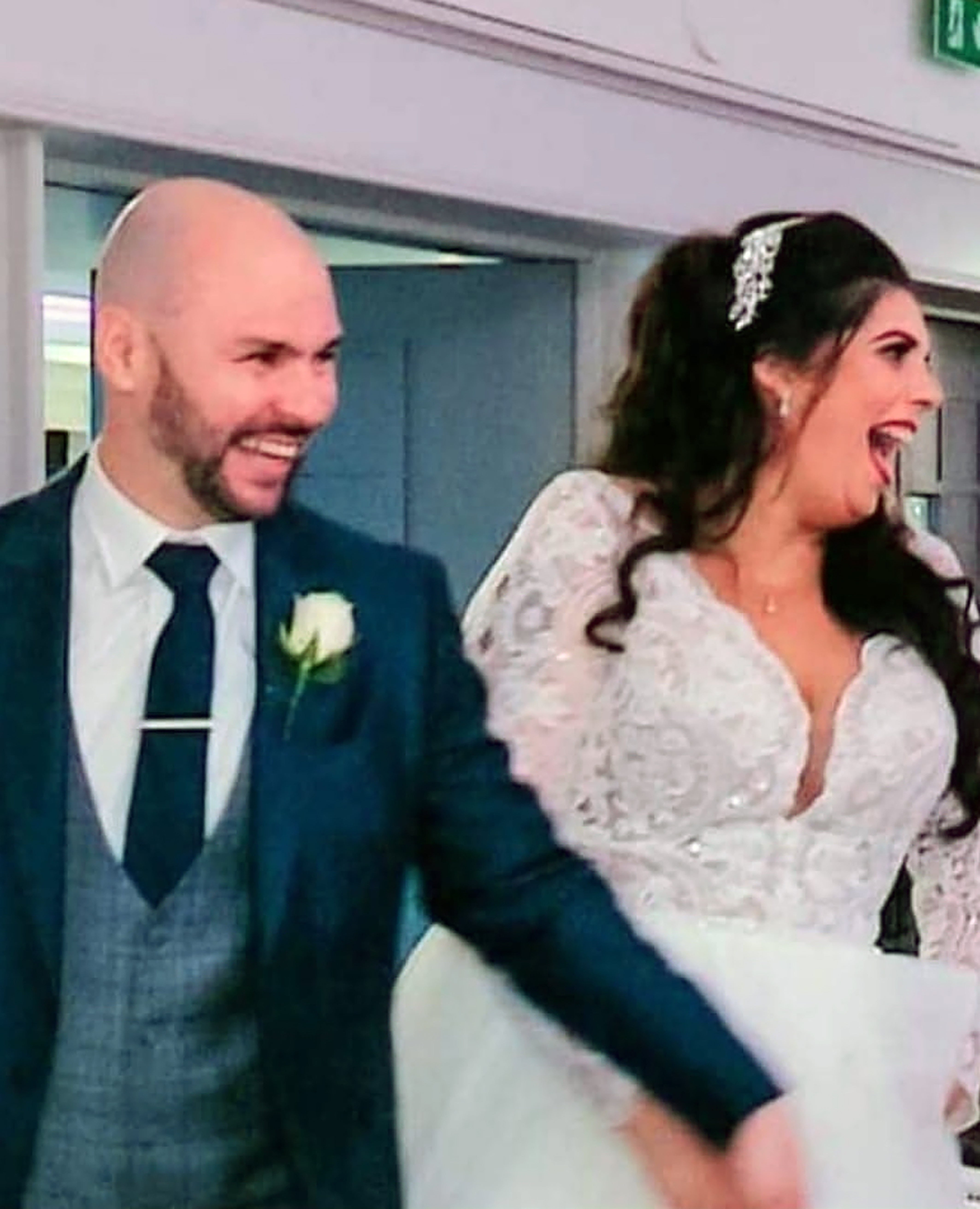
Though Jolene could carry a child, it would not be hers, and the process of insemination would likely take years and be emotionally very challenging.
Jolene explained: “I had to find that person who was going to accept me for who I was.”
In 2015, aged 31, Jolene’s friends set her up on a blind date with a butcher named Gareth.
They got on well and realised they had a great deal in common, and they quickly fell in love.
“We met in April and by August we’d moved in together,” Jolene said. “We just instantly knew.”
In 2020, Jolene and Gareth decided they wanted to try to find an egg donor and have children.
Jolene had been with the same doctor in the Fertility Clinic of the Royal Victoria Hospital, Belfast, since she was 15.
Although full of praise for the medical support she has received throughout her life, it soon became clear it would be almost impossible to find a donor through the NHS.
There were no eggs available.
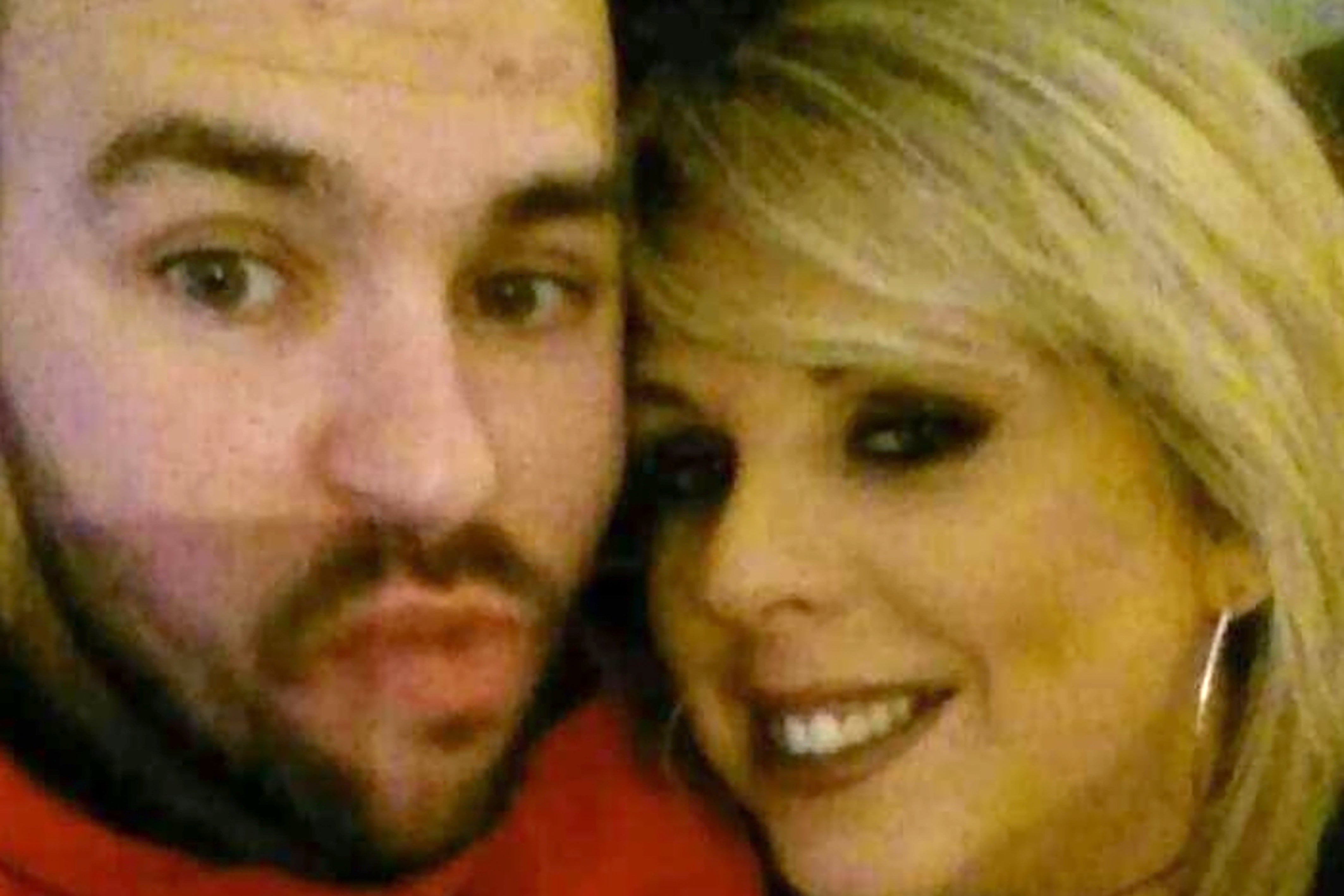
Jolene thinks this is because the law states that children can find out who their biological parent is when they turn 18.
She said, “No one wants that. People donate eggs out of the goodness of their heart, not to have a child turn up one day.”
Jolene and Gareth were able to find a donor willing to go through the process for them, but one of her children had a kidney condition.
“The clinic immediately said no when I told them that,” Jolene said.
“That was absolutely heartbreaking. It felt like the end because that was the only place.”
Jolene began searching for private clinics but found that it would cost over £20,000 in Northern Ireland, a sum the couple could not afford.
“We’re just normal people with normal jobs,” she added.
“We don’t have a pot of money we could use for that.”
She searched on the internet for advice and found a website called Fertility Friends.
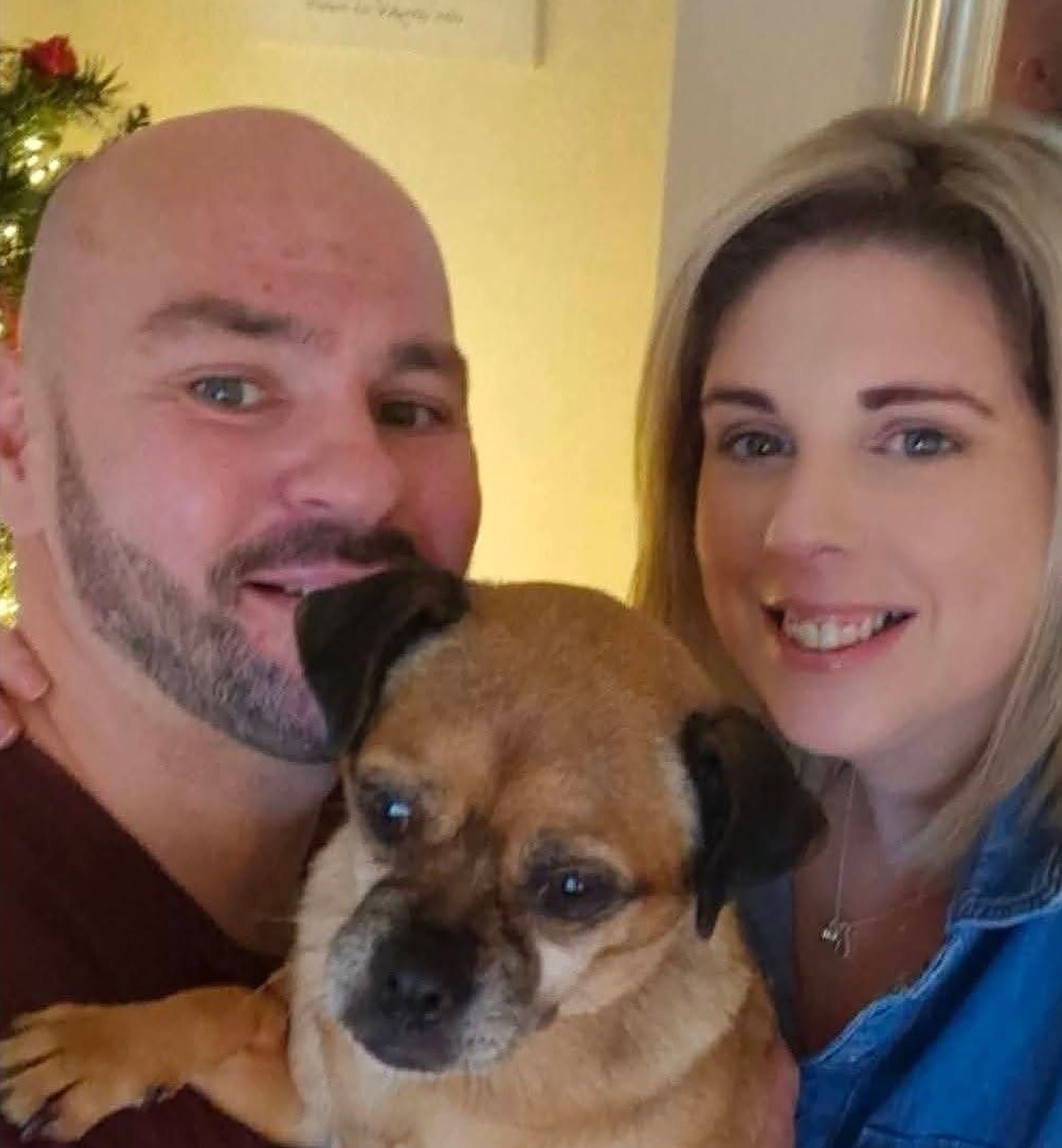
Some women on the forum recommended Vida Fertility in Madrid, Spain.
After inquiring in March this year, Jolene and Gareth flew over to Madrid and signed a contract.
“Finding this clinic was emotionally absolutely amazing,” Jolene said, though she admitted that she is incredibly nervous.
The treatment will cost £8,000, though it will be more like £10,000 when flights and other consultations are accounted for.
The insemination will take place in September this year.
“It’s incredibly emotional and scary,” Jolene said.
“It’s a lot of money for us and if it doesn’t work, we may not be able to afford to try it again. We just have to sit and hope and pray.”
Jolene and Gareth opened a GoFundMe page to help raise funds, raising more than £3,000 in one week.
“The response from our community in Cookstown has been just amazing… our neighbours were coming over and giving us cash,” Jolene said.
“We were shocked just how much people wanted to help.”
Jolene hopes that after her extraordinary journey, she will be able to be a mother at last.







